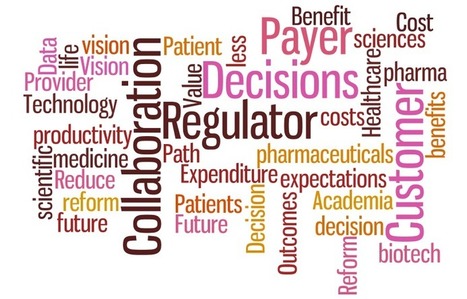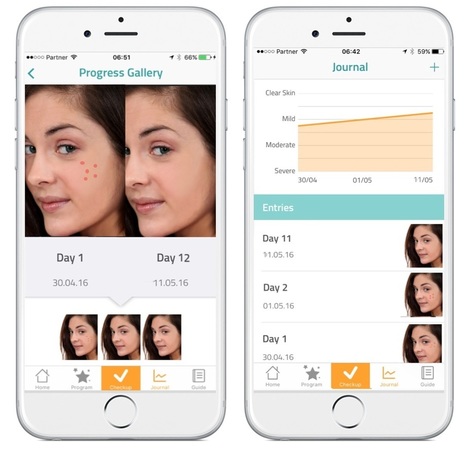Oltre i follower .... l'Engagement Index.
It is calculated by a statistical analysis on engagement, reach, demographics, network and othe
Get Started for FREE
Sign up with Facebook Sign up with X
I don't have a Facebook or a X account
 Your new post is loading... Your new post is loading...
 Your new post is loading... Your new post is loading...
|

rob halkes's curator insight,
August 1, 2016 4:50 AM
Health apps should do what they promise! At the moment they need to take a diagnostic feature and use personal physics to arrive at advice or conclusions about the health status of the person who uses the app, they are considered not to be 'just' an "app" but a medical device. At that condition they need to adhere to and be certified by several criteria attached to 'medical devices". Developers should know about this, which the more professional ones will. Rightly so! PatientView has developed a website MyHealthApps that presents an inventory of the better Health Apps. 
Pharma Guy's curator insight,
August 1, 2016 8:38 AM
Also read “FDA Won't Regulate ‘Low-Risk’ mHealth Apps as Medical Devices. But Battle Looms Over Defining ‘Low Risk’"; http://sco.lt/5kkDyr |











